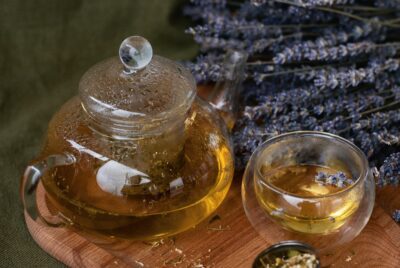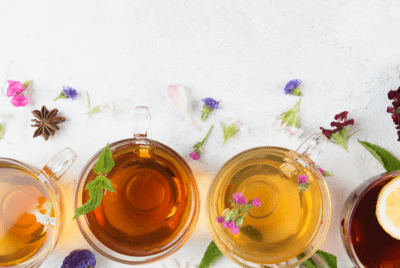RESEARCH
Why Camp? Evaluating The Impact of a Horticulture Therapy Camp for Adolescents With Intellectual and Developmental Disabilities
Summary
The research examines a horticulture therapy camp designed for adolescents with intellectual and developmental disabilities, focusing on its social, psychological, and educational benefits. Through qualitative data collection, including observations and focus groups with staff, volunteers, and caregivers, the study identifies three major themes: Community Building, Promoting Self-Efficacy, and Exposure to and Interaction with Nature. The camp fosters a supportive, inclusive environment that encourages playfulness, teamwork, and leadership, helping participants build confidence and develop life skills.
Participants demonstrated increased engagement with nature, gained hands-on experience in gardening, and showed improvements in social interactions and problem-solving abilities. The study underscores the value of horticulture therapy in enhancing well-being, promoting social inclusion, and supporting personal growth. Recommendations include expanding outreach efforts, integrating structured assessments to track progress, and advocating for similar programs as effective interventions for youth with disabilities.







